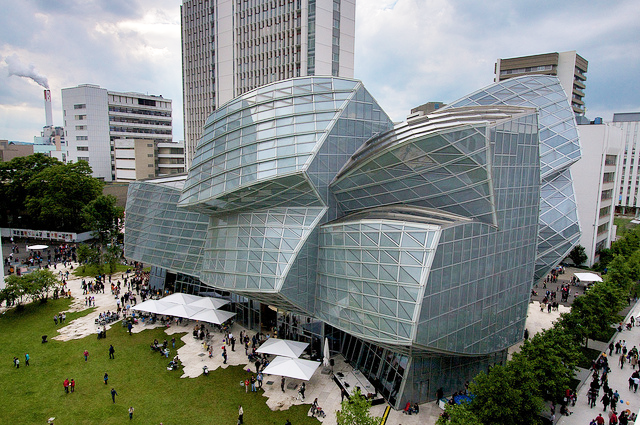RIO DE JANEIRO, BRAZIL – The maker of the West’s first Covid-19 vaccine is building a new manufacturing alliance that could throw Europe and the rest of the world a lifeline amid a painful shortage of shots and a rebound in infections.

The German company that joined with Pfizer to manufacture and distribute its vaccine, has marshaled an alliance of 13 companies, including Novartis, Merck KGaA and Sanofi, in an effort to meet—and perhaps exceed—an ambitious target of making 2 billion doses of vaccine this year.
The European Union has been struggling with a shortage of vaccines as manufacturers, including British-Swedish pharmaceutical firm AstraZeneca, have fallen behind on their delivery pledges to the bloc. The shortage has largely been limited to the EU, which was slower than its Western allies in ordering and approving the vaccines, and it has raised tensions between the bloc and the UK and the US.
BioNTech co-founder and CEO Ugur Sahin told The Wall Street Journal that he realized last fall that the partnership with Pfizer would not be enough to meet global demand. The company’s chief operating officer, Sierk Poetting, added that the experience showed BioNTech the urgency of launching a new alliance in order to meet commitments in Europe and other markets. Through it, about half of the global supply of active ingredient for the covid-19 vaccine will be produced, according to Poetting.
One of the challenges facing the alliance is that BioNTech’s vaccine uses sophisticated new techniques that require few ingredients and expertise. This implies a supply chain vulnerable to export controls that the EU, UK and US have imposed in recent months, according to company officials.
In addition, the number of partners, the complexity of the process, and the raw materials needed to produce the company’s vaccine – from DNA to enzymes, salts, sugars, and various lipids – make the supply chain delicate, with many possibilities for supply shortfalls.
Source: Exame

